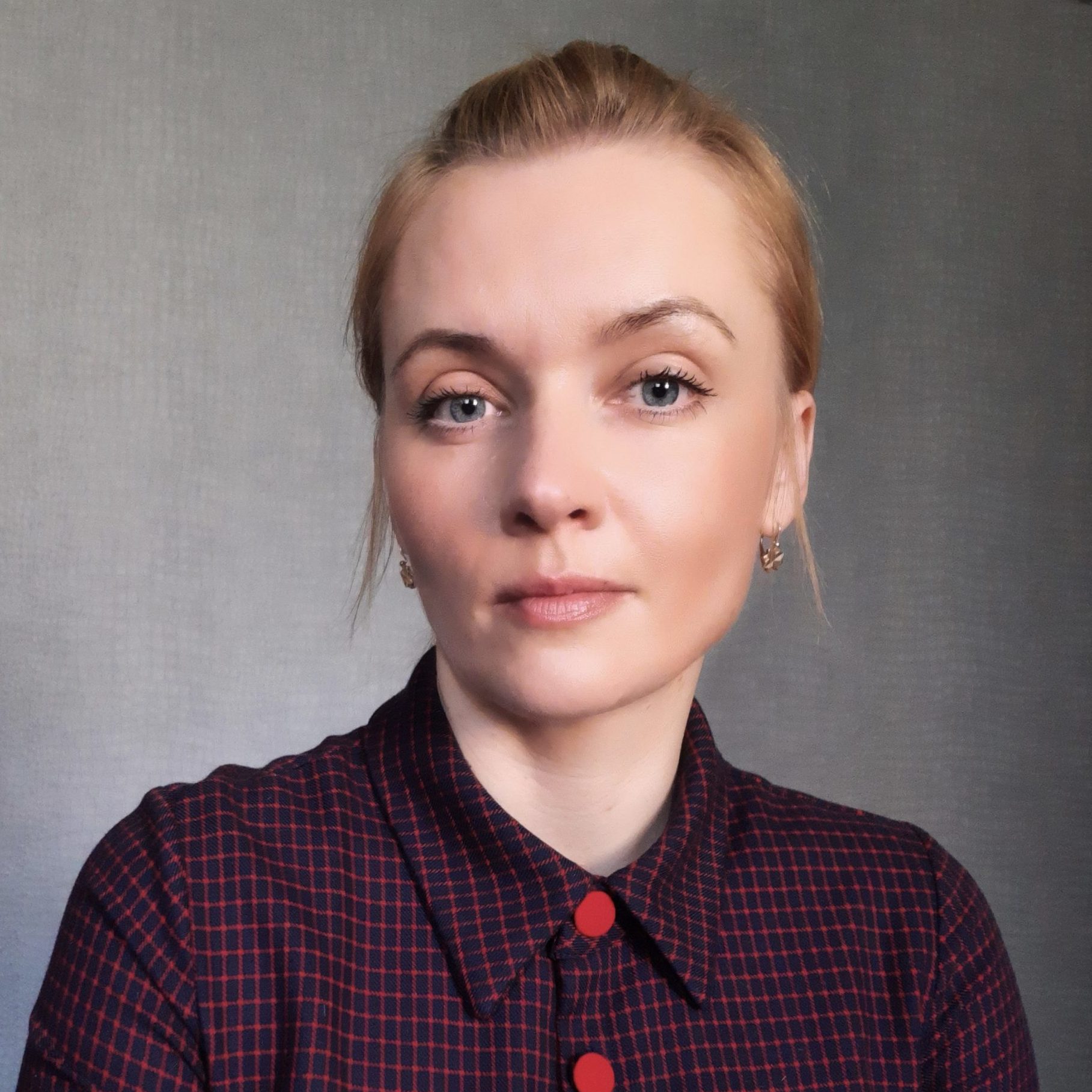Kristina Šutienė is an associate professor at KTU Faculty of Mathematics and Natural Sciences, member of the scientific group “Mathematical modeling of stochastic, economic and medical systems”. K. Šutienė’s research is related to financial risk assessment and modeling and decision-making using financial mathematics, artificial intelligence and data science methods. She is also interested in statistical modeling in solving medical problems.
K. Šutienė teaches in applied mathematics, business big data analytics, medical physics and artificial intelligence study programs. Together with the team, she developed a massive open online course on artificial intelligence in a virtual learning environment. The scientist is a member of the Lithuanian Society of Mathematicians and the international association “Institute of Data Science and Artificial Intelligence”.


